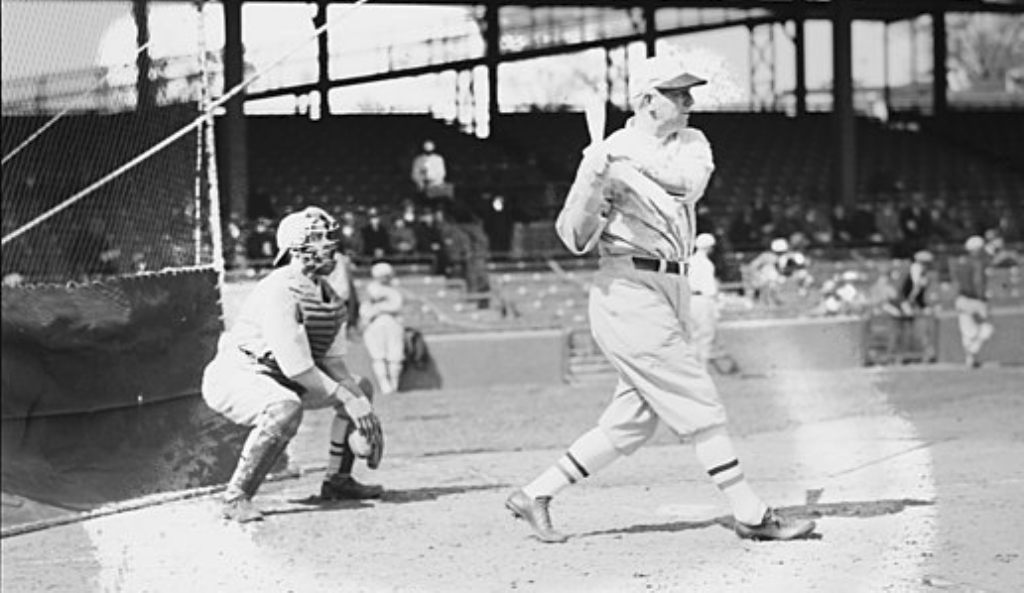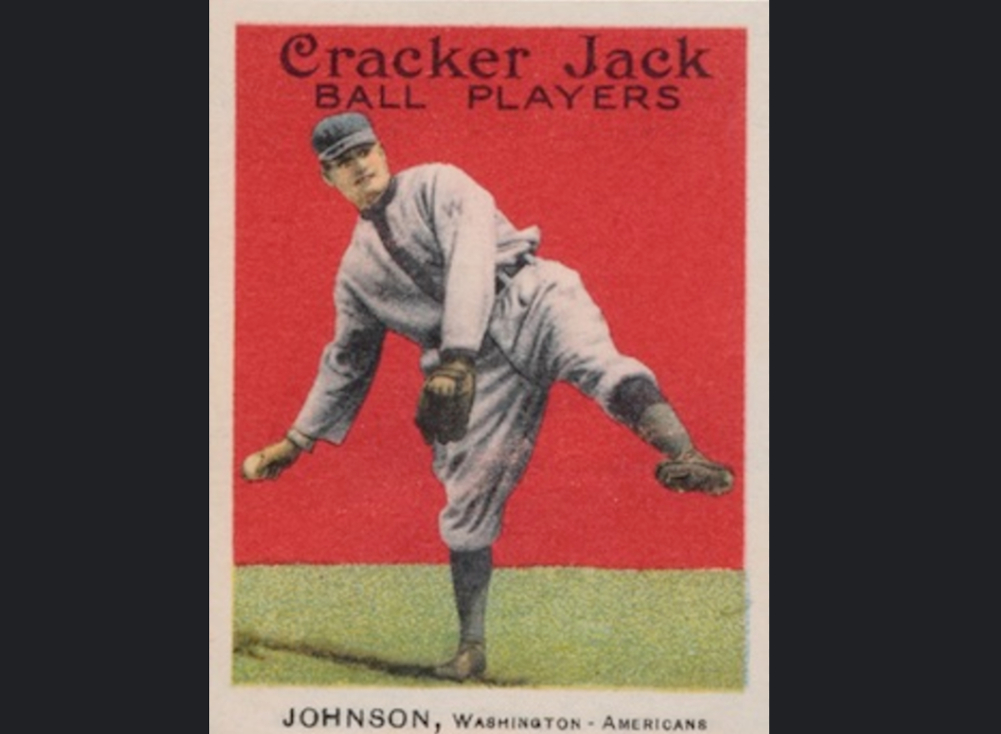Earl Lloyd
John Henry Lloyd and the Legacy of a Baseball Pioneer
Born in 1884, Lloyd's baseball journey began on the sandlots of Jacksonville, Florida. He initially played catcher but later transitioned to the middle infield, showcasing exceptional agility and defensive prowess. His natural talent quickly attracted attention, and he started his professional career with the semi-pro Jacksonville Young Receivers.
However, the racial segregation of the era limited opportunities for Black players. Undeterred, Lloyd embarked on a remarkable journey through the Negro Leagues, playing for over a dozen teams across several decades. He thrived with teams like the Brooklyn Royal Giants, the Philadelphia Hilldales, and the Atlantic City Bacharach Giants. His versatility remained a defining characteristic, playing shortstop, second base, and even first base later in his career.
Beyond his defensive brilliance, Lloyd was a feared hitter. Known for his smooth left-handed swing and excellent bat control, he consistently batted well above .300, even during the "dead ball" era when home runs were rare. Estimates suggest his Negro League batting average hovered around .350. At the same time, he reportedly hit an astounding .500 against the Detroit Tigers during winter ball in Cuba, earning him the nickname "el Cuchara" (the Shovel) for his dominance.
Lloyd's leadership and passion for the game were equally impressive. He captained teams and was known for his gentlemanly conduct on the field. He remained active in baseball well into his retirement, mentoring young players and advocating for a more integrated future for the sport.
John Henry Lloyd's career transcended statistics and accolades. He played in a segregated era, yet his talent and dedication paved the way for future generations of Black baseball players. In 1977, his contributions were finally recognized with his induction into the National Baseball Hall of Fame.
John Henry Lloyd was more than just the "Black Wagner," a reference to Pittsburgh Pirates Hall of Famer Honus Wagner, who said, "It's an honor to be compared to him." He was a pioneer, a leader, and a symbol of baseball's rich and diverse history. His legacy as a baseball great, a versatile player, and a champion for integration continues to inspire players and fans alike.
Born April 25, 1884, in Palatka, Florida, was Baseball Hall of Fame Shortstop John Henry "Pop" Lloyd. Pop had a career batting average of .349 Negro Leagues and later was a manager. He played on many teams starting with the Cuban X-Giants in 1906, Rube Foster's Chicago Leland Giants in 1910, Chicago American Giants, Lincoln Stars, Lincoln Giants, Brooklyn Royal Giants, and the Bacharach Giants. Lloyd played for a total of 27 years and many consider him to be the greatest shortstop in Negro League history. John Henry Lloyd was inducted into the National Baseball Hall of Fame in 1977.
Lloyd Waner A Hitting Machine with a Hall of Fame Pedigree
-Early Success: Waner broke into the majors with the Pittsburgh Pirates in 1927 and quickly established himself as a slap hitter with exceptional plate discipline. He set a rookie record that year with 133 runs scored and led the National League with a staggering .355 batting average.
-Career Highlights: Waner's first six seasons were particularly impressive, averaging over 226 hits and 129 runs per year. He won four National League batting titles and enjoyed several seasons with over 200 hits.
-Durability and Defense: Waner played an impressive 18 seasons, amassing 2,459 career hits and finishing with a lifetime batting average of .316. He was also a valuable defender, leading National League outfielders in putouts four times.
-Brotherly Bond: Lloyd played alongside his older brother, Paul Waner, for much of his career. Together, they were a formidable offensive duo, nicknamed "The Waner Brothers."
-Legacy: Lloyd Waner was inducted into the Baseball Hall of Fame in 1967. While overshadowed by his brother's MVP awards, Lloyd's consistent hitting and impressive career statistics solidify his place as a baseball legend.
Born March 16, 1906, in Harrah, OK, was Lloyd Waner, the Baseball Hall of Fame center fielder who played primarily on the Pittsburgh Pirates, but also had short stints with the Boston Braves, Cincinnati Reds, Philadelphia Philles, and the Brooklyn Dodgers.
Waner, also known as "Little Poison," wore the Number 10 on the Pittsburgh Pirates from 1932-41 as he batted 0.316 for his career, had an On Base percentage of 0.393, with 27 career Home Runs. He is one of the top MLB players that wore the Jersey Number 10.
Career Stats of Earl Lloyd
the You Tube Video tribute of NBA pioneer Earl Lloyd
Earl Lloyd's brave story is told by legend Nate Thurmond.












